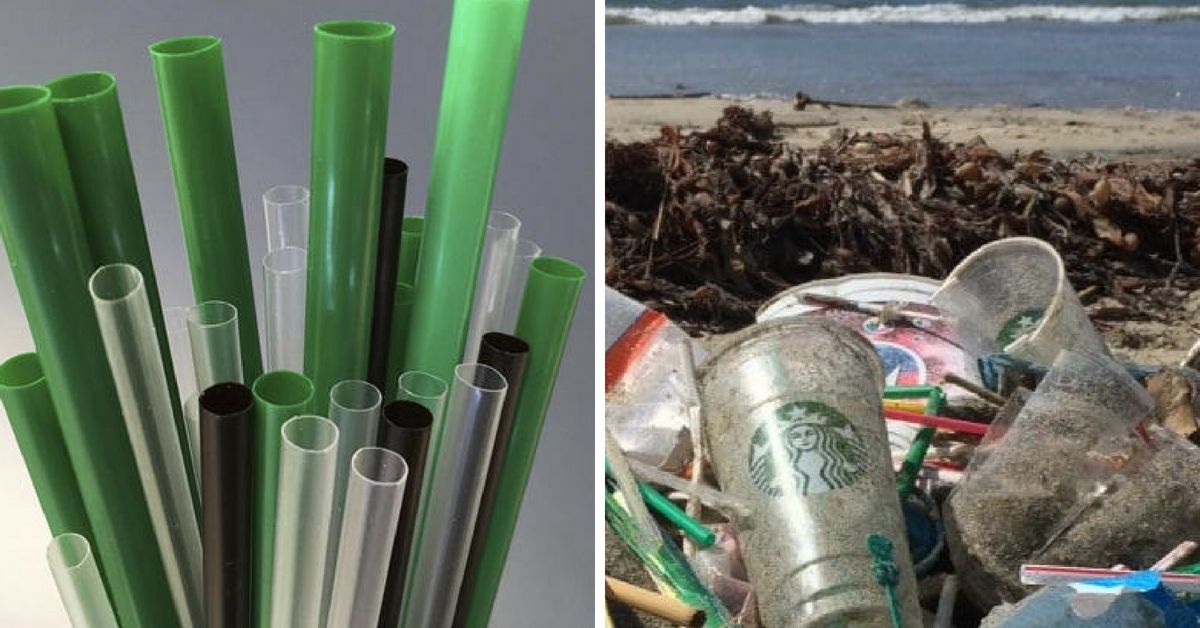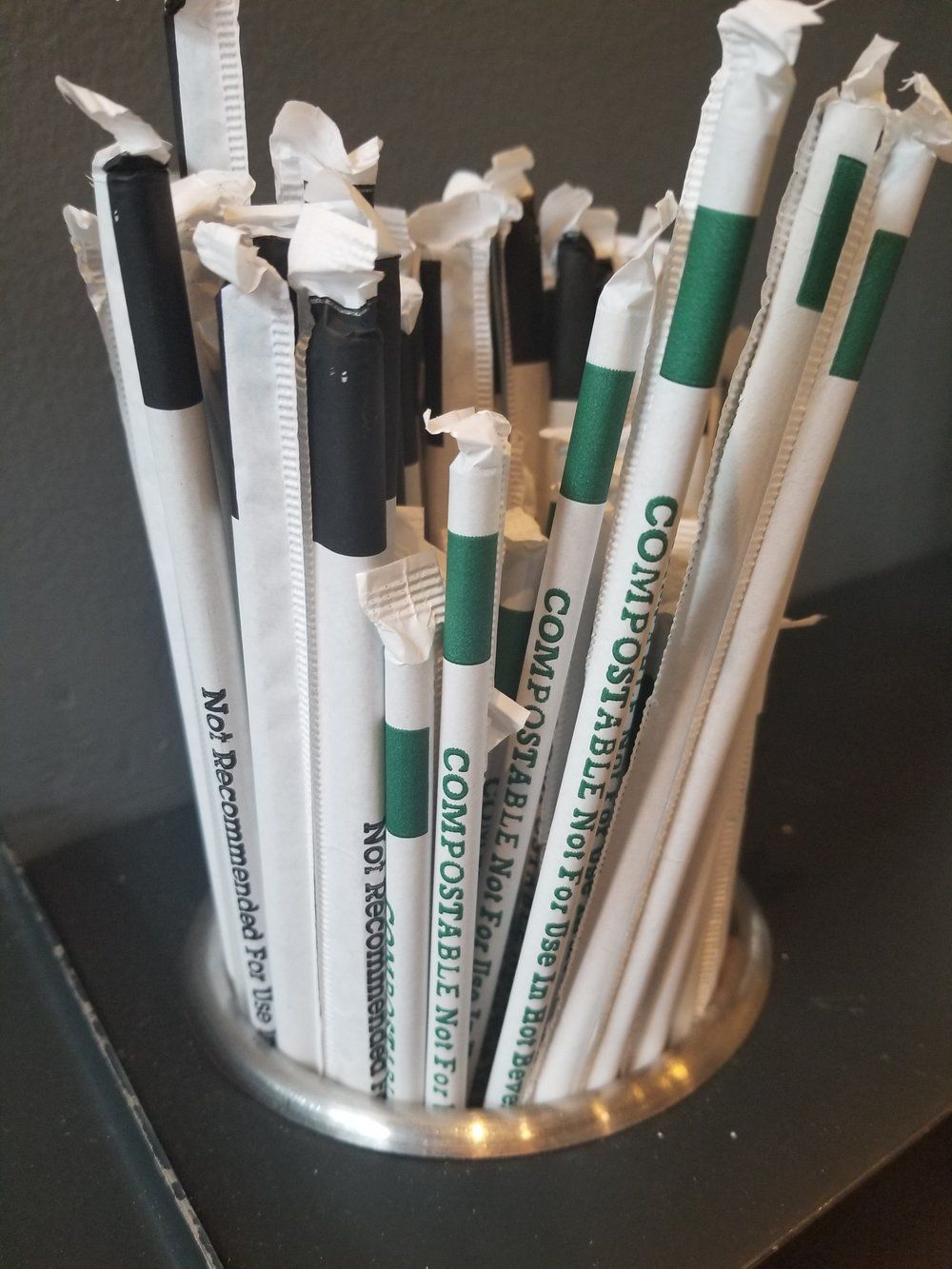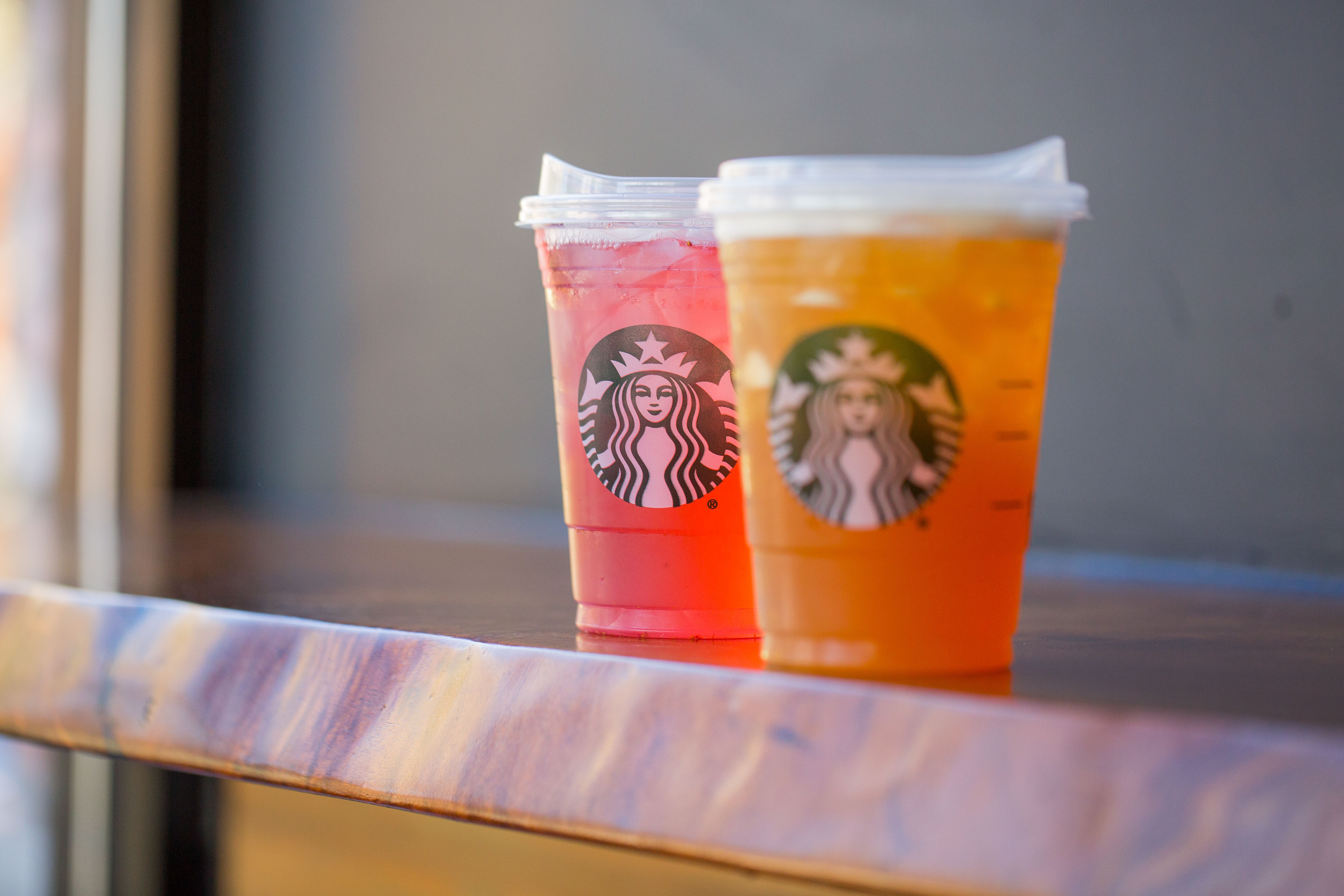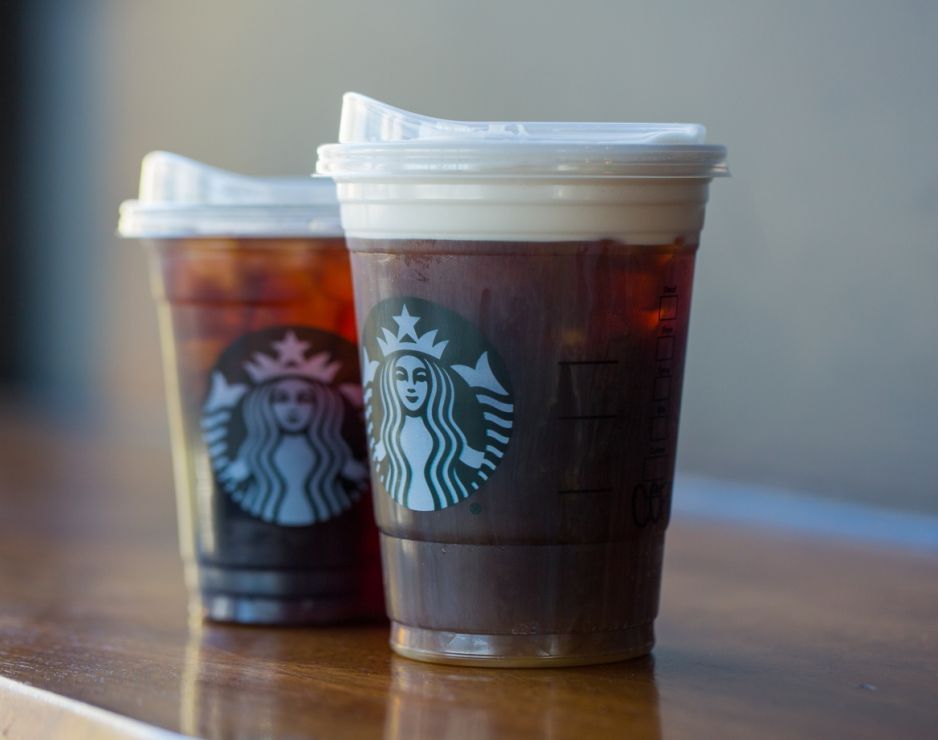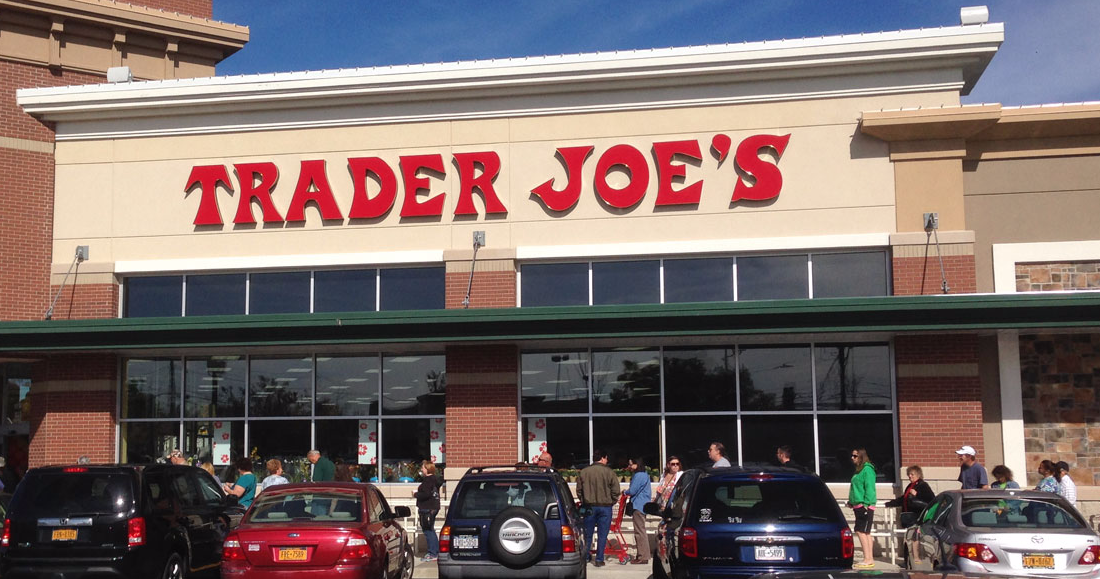The debate about plastic straws has been raging on for years, but it seems that 2018 is finally going to be the year that something is done about it.
Plastic products constitute 90% of the trash floating in the oceans, and plastic straws are #5 on the list of the 10 most common items found in this floating trash. Plastic straws can't be washed or reused, so why do we keep using them?
They're not only polluting our oceans, but they're also killing wildlife. Over 1 million birds fall victim to plastic consumption each year, while 100,000 marine animals inadvertently consume plastic products yearly.
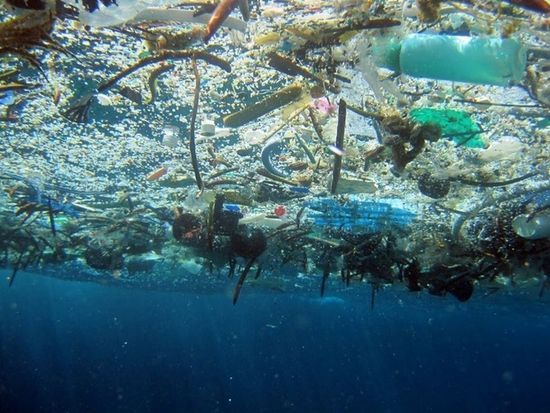
That's why there has been such a call to action for restaurants, and individuals for that matter, to stop using plastic straws. One restaurant chain in Chicago, DMK Burger Bar, stopped handing out plastic straws in July 2017.
"DMK has always been devoted to sustainability," co-owners Michael Kornick and David Morton said in a statement. "We're excited to move forward with this company-wide initiative and hope that it sparks a trend in our city and beyond."
Now, Starbucks is taking pointers from DMK Burger Bar and choosing to eliminate plastic straws from all its locations. The phasing-out process will be completed by 2020. As of right now, Starbucks hands out more than 1 billion plastic straws per year.
"Eliminating straws is a response to requests from partners and customers," said Colleen Chapman, vice president of Starbucks global social impact overseeing sustainability. "This move is an answer to our own partners about what we can do to reduce the need for straws. Not using a straw is the best thing we can do for the environment."
In exchange for plastic straws, Starbucks will be introducing a new lid design created by Emily Alexander, which will hopefully curb the need for straws all together.
"From their debut in one initial store, the cold-cup lids now are used for a small number of drinks including Draft Nitro and Cold Foam in more than 8,000 stores in the U.S. and Canada," Starbucks said in a news release. "They will become the standard lid for all iced drinks except Frappuccino, which will be served with a straw made from paper or PLA compostable plastic manufactured from fermented plant starch or other sustainable material."
But while many will rejoice in the coffee chain's decision to eliminate plastic straws from their stores, not everyone is happy. There are thousands of people who require plastic straws to drink on a daily basis due to disabilities.
Baroness Tanni Grey-Thompson, an 11-time Paralympic gold medalist in wheelchair racing, pointed out that banning plastic straws may help the environment, but it will cause a lot more trouble for people with disabilities.
"I've got lots of friends who have to have a straw to drink," Grey-Thompson said. "It could be tens of thousands of people affected by this in a very negative way."
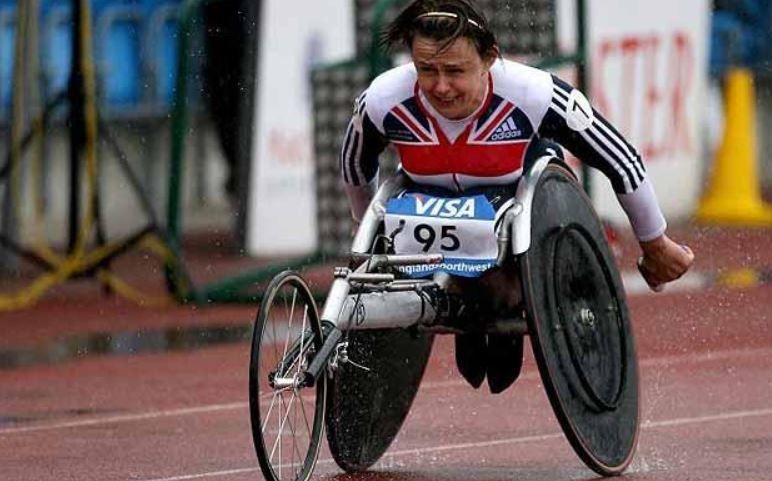
Rosaleen Moriarity-Simmonds, who was born without limbs, says the plastic straw ban will take away her right to be able to drink independently.
"The anti-plastic straw debate has enraged me because it has been one-sided. No-one has consulted disabled people," she told BBC News. "A significant number of us rely on the humble plastic straw to be able to drink a glass of water, wine or a cup of coffee. It's a fundamental human right to be able to have a drink and to be able to drink it as and when you need to drink it, and to do it independently."
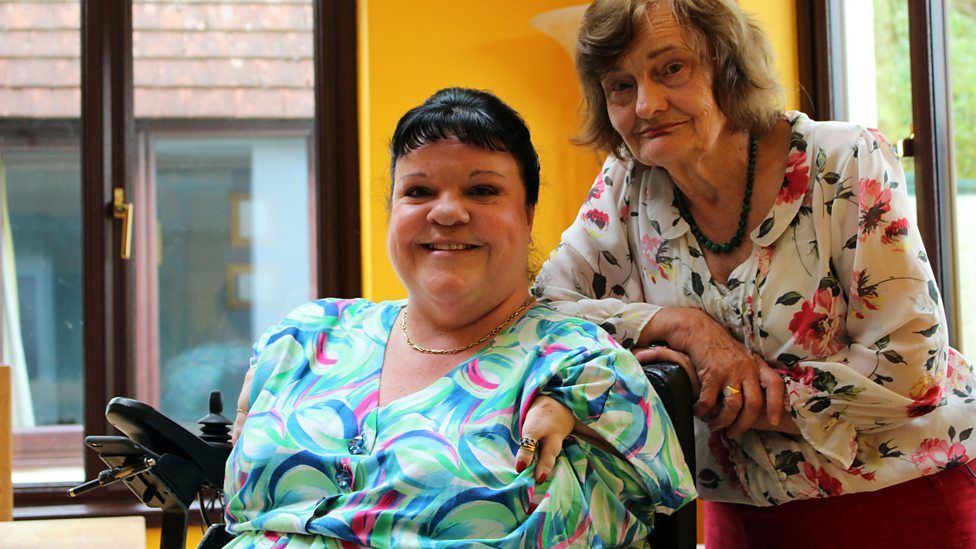
So why not use alternatives, like paper or metal straws? Jamie Szymkowiak, co-founder of Scottish disability rights organization One in Five, says those alternatives are not always viable options for those with disabilities.
"Disabled people can take longer to drink and paper straws become soggy which is a choking hazard," Szymkowiak says.
In addition, Szymkowiak points out that many of the environmentally-friendly options aren't compatible with hot drinks or soup.
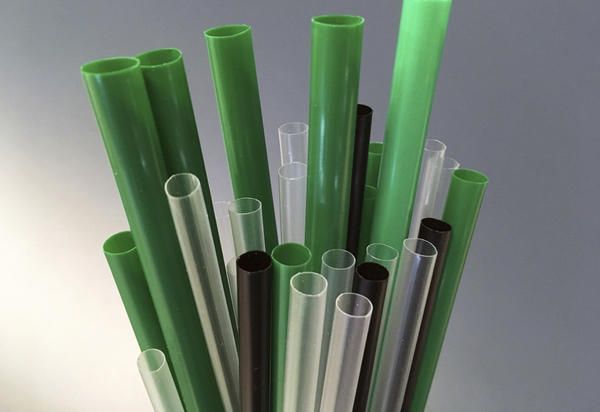
The reality is, there is no perfect solution. Yes, we need to reduce plastic waste and save the oceans, but we also need to take into account those who cannot function independently without plastic straws on a daily basis.
